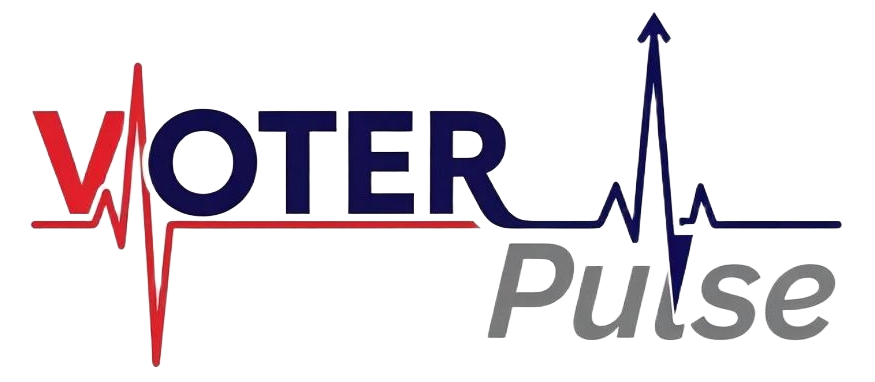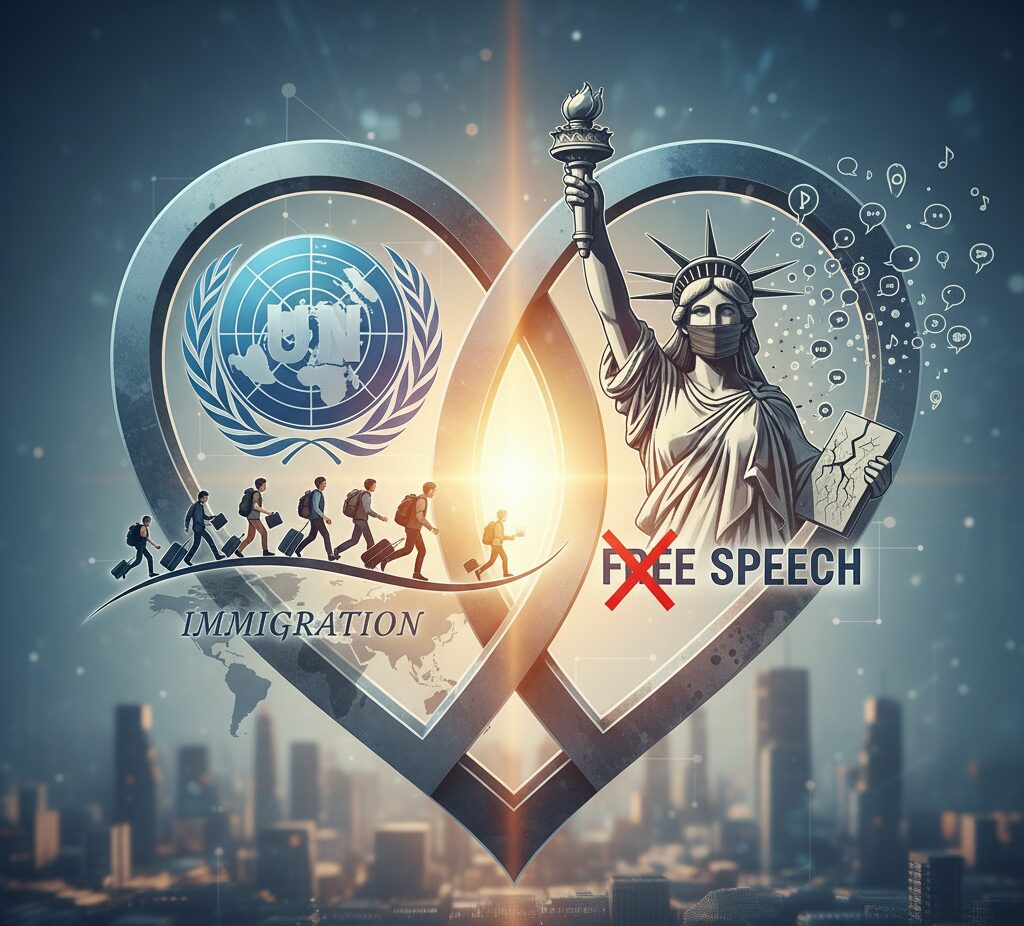Have we crossed the Rubicon in censorship?
An editorial from the heart

In 1791, Jeremy Bentham, a philosopher and social theorist in Great Britain, devised a new design for prisons called a panopticon. The idea was to build a circular chamber, with cells on the walls and a single observation post in the very center. Doing so would enable a single guard to keep an eye on every single cell. Furthermore, the observation post could be designed in such a way that each cell mate would not know whether they were being observed by the guard.
On Wednesday evening, ABC announced that it was pulling Jimmy Kimmel’s late night show off the air. It was reported by the New York Times that this happened after the chairman of the Federal Communications Commission (FCC) “suggested that his regulatory agency might take action against ABC because of remarks the host made on his Monday telecast.”
Kimmel, in his monologue, criticized the “MAGA gang” as “trying to characterize this kid who murdered Charlie Kirk as anything other than one of them and doing everything they can to score political points from it.” Presumably, it was this, or perhaps one of the several other jokes he cracked at the administration’s expense, that prompted the suspension.
This comes after CBS announced it was cancelling “The Late Show” hosted by Stephen Colbert, another outspoken late-night critic of Donald Trump, back in July. Speaking towards US media coverage, President Trump recently stated “They’ll take a great story and they’ll make it bad. See I think it’s really illegal, personally.”
The First Amendment: Congress shall make no law respecting an establishment of religion, or prohibiting the free exercise thereof; or abridging the freedom of speech, or of the press; or the right of the people peaceably to assemble, and to petition the Government for a redress of grievances.
The Freedom of Speech as enshrined in the Constitution protects speech from censorship by the government. However, it has no scope over censorship by the market and private enterprises. The idea is that speech should be a marketplace of ideas, where people, like you and me, can decide what speech is worth paying attention to and what speech is not. What the founders potentially did not anticipate is the power that employers and private institutions, such as universities, would eventually have when it comes to regulating our speech.
Such institutions frequently have policies on everything from what is acceptable speech inside their walls to, more concerning, what employees can say outside of the workplace. “Cancel culture” has been prolific over the past few decades as the internet has become a vehicle to make public and spread speech virally what used to be more private moments.
It is clear that this administration is attempting to turn the regulatory landscape of the media and our free speech into a panopticon. They seek to normalize further intrusions on our unalienable right to free speech by using employers and other non-government institutions as a proxy for partisan political censorship. By weaponizing regulatory action targeting institutions that allow free speech, the White House is waging a proxy war against our first amendment rights to further its own interests.
Doing so has a chilling effect on everyone. Media and the people will be less likely to speak up and out and contribute to the marketplace of ideas. Criticism of the current administration will be curbed proactively to avoid risking jobs and livelihoods. We’re entering new waters with this administration’s take on executive actions and power, and right now corporate and private institutions are playing along as enabling actors in this administration’s worst tendencies. This administration is not a proponent of free speech, but rather seeking freedom from speech.







Leave a Reply